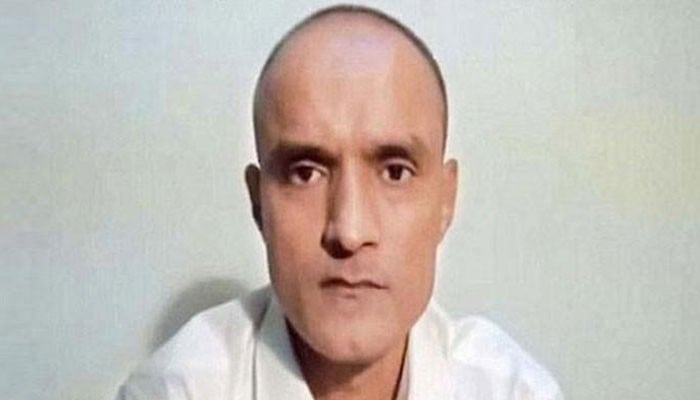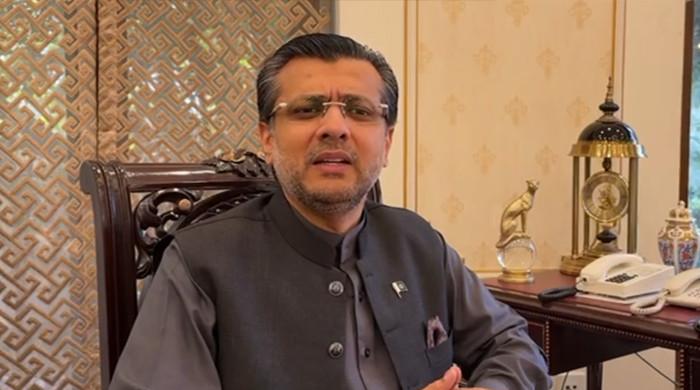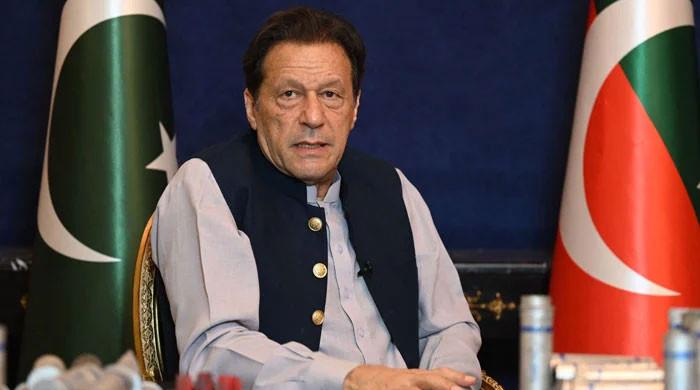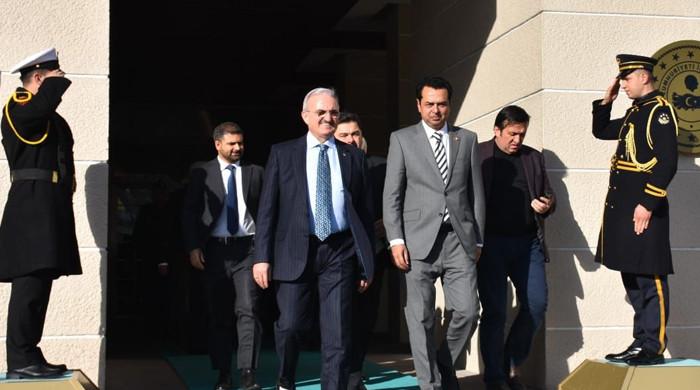Pakistan receives India’s arguments submitted to ICJ In Jadhav’s case
Pakistan will submit its counter-pleadings in December
September 15, 2017
ISLAMABAD: Pakistan has received arguments submitted to the International Court of Justice (ICJ) in the case of Indian spy Kulbhushan Jadhav.
According to Foreign Office Spokesperson Nafees Zakaria, a legal team headed by Attorney General of Pakistan Ashtar Ausaf will read over the arguments and submit a reply in light of Jadhav’s confessional statements.
India submitted its arguments to the United Nations’ judicial organ on September 13. Pakistan will submit its reply in December.
Earlier, Indian media reported that Ministry of External Affairs Joint Secretary V D Sharma left New Delhi for the Netherlands on the night of September 12 to hand over a hard copy of India’s reply to the ICJ.
On June 16, the ICJ had turned down India's request to give it six months to file pleadings before the court in Jadhav’s case.
Speaking to Geo News, Pakistan's Attorney General Ashtar Ausaf had said India had sought until December to file its pleadings but the court allowed it until September 13 to do so.
The ICJ also set December 13 as the deadline for Pakistan to submit its counter-pleadings in the case.
On May 18, the ICJ ordered Pakistan to halt the execution of Jadhav — an on-duty Indian navy officer working for Indian spy agency RAW who was arrested from Balochistan in March 2016 — until a final decision was made in the proceedings.
"Pakistan shall take all measures at its disposal to ensure that Jadhav is not executed pending the final decision in these proceedings," ordered Judge Ronny Abraham, president of the court, as he announced the decision.
Arrest, confession, sentencing
Jadhav alias Hussein Mubarak Patel, was arrested on March 3, 2016 in a ‘counter-intelligence operation’ from Mashkel area of Balochistan over his involvement in espionage and sabotage actives in Pakistan.
The incarcerated RAW agent, in his video statement, confessed to involvement in sabotage and espionage activities inside Pakistan, which has also been the crux of Islamabad’s case in the ICJ.
On April 10, a Field General Court Martial — under the Pakistan Army Act, 1952 and Official Secrets Act, 1923 — awarded death sentence to Jadhav for espionage and sabotage.
Army Chief General Qamar Javed Bajwa also ratified the sentencing by the army tribunal.
Jadhav has since been on death row awaiting appeals.













